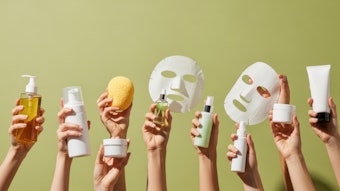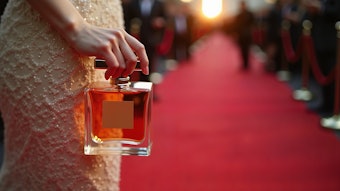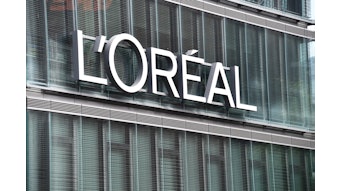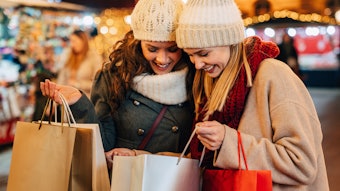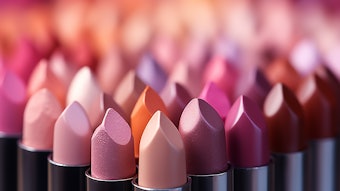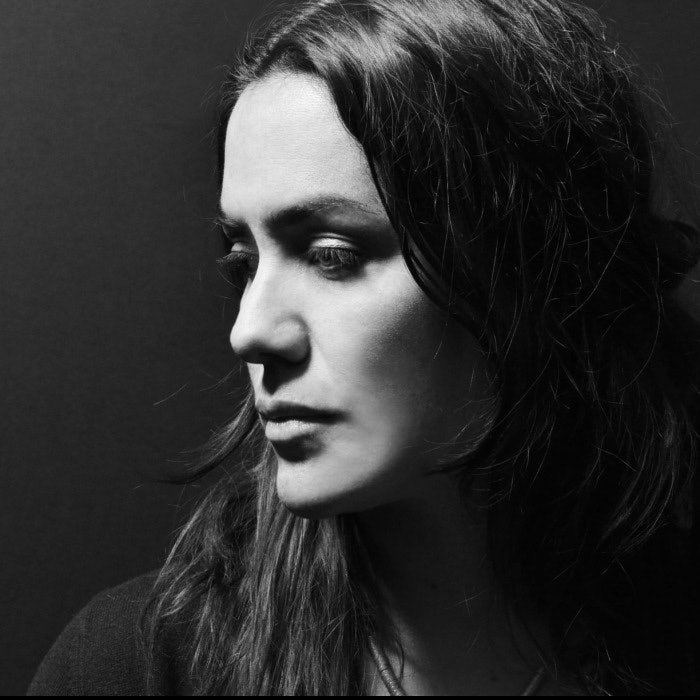
In this exclusive interview, Cecilia Gates, CEO of GATES Creative, shares her insights on how platforms like TikTok and Instagram are revolutionizing beauty marketing. From the rise of authentic, user-generated content to the evolving role of influencers and AI-powered personalization, Cecilia discusses how social media continues to reshape the way beauty brands connect with their audiences and adapt to rapidly changing trends.
How have platforms like TikTok transformed the way beauty brands approach consumer engagement compared to traditional marketing channels?
Gates: Brands now have a unique opportunity to leverage TikTok to build deeper connections with their audiences. Consumers increasingly value authenticity and transparency, which has fundamentally reshaped how beauty brands approach marketing. Unlike traditional, polished advertisements, today’s consumers gravitate toward user-generated content that is candid, relatable and that feels more genuine and accessible.
This shift is further enhanced by TikTok’s interactive shopping features, which seamlessly blend content and commerce. The platform’s shoppable videos and live streams allow users to purchase products directly within the app, creating a seamless journey from discovery to purchase.
The beauty trend cycle on TikTok is extremely fast-paced, with new looks and products gaining popularity quickly. This rapid turnover forces brands to be more agile in their product development and marketing strategies, in stark contrast to the slower, more predictable cycles of traditional marketing.
TikTok provides brands with immediate feedback through comments, likes, and shares, enabling them to quickly assess consumer reactions and adjust their strategies. This real-time data is invaluable for product development and marketing optimization, providing consumer insights that traditional channels simply can't match.
What unique opportunities do social platforms provide for beauty brands to showcase their products and connect with their target audience?
Gates: Social platforms offer unique opportunities for beauty brands to connect with their target audience in different ways.
Instagram, with its diverse formats, allows brands to showcase their positioning and DNA in a controlled, visually cohesive way. Unlike retail environments, Instagram gives you the freedom to curate your narrative and present all aspects of your brand, from product features to the story behind it. It’s an ideal platform to highlight your product’s benefits, versatility, and claims.
On the other hand, TikTok focuses on short-form, vertical videos, making it a dynamic space for reaching new audiences who may not yet follow your brand. It's a great platform for building a community and fostering engagement, where content creators can share their experiences with your brand. TikTok also thrives on transparency, giving followers a behind-the-scenes look and making them feel more connected to your brand on a personal level.
What role does influencer marketing play on platforms like TikTok, and how has it evolved the way beauty brands collaborate with creators?
Gates: Collaborations with influencers have become a fundamental aspect of beauty marketing. Influencers offer authentic endorsements and reviews that resonate more deeply with audiences than traditional advertisements. Today, influencers play a larger role as brand partners, even contributing to product development. A prime example is Golloria, an advocate for more inclusive beauty products, who collaborated with Rhode Beauty. Initially, Golloria critiqued Rhode's cream blushes for lacking shades suitable for darker complexions.
After her viral review, Hailey Bieber personally reached out to Golloria, inviting her to collaborate on developing new shades that would better serve darker skin tones. Together, they created two new blush shades, which Golloria later showcased on TikTok, highlighting the improvements and expressing gratitude for Hailey's openness to feedback and willingness to adapt.
Looking ahead, how do you see social platforms continuing to influence the evolution of beauty marketing strategies?
Gates: As technology continues to evolve, there will be increasingly seamless ways to integrate content and commerce, offering new and innovative ways for consumers to experience a brand. Hyper-personalized marketing powered by AI will enable tailored beauty experiences, with features like virtual try-ons, personalized product recommendations, and AI-driven skincare analysis becoming more advanced. These innovations will help brands better meet individual consumer needs. Additionally, AI-powered influencer campaigns will allow brands to target niche audiences with precision, boosting engagement and conversion rates.


